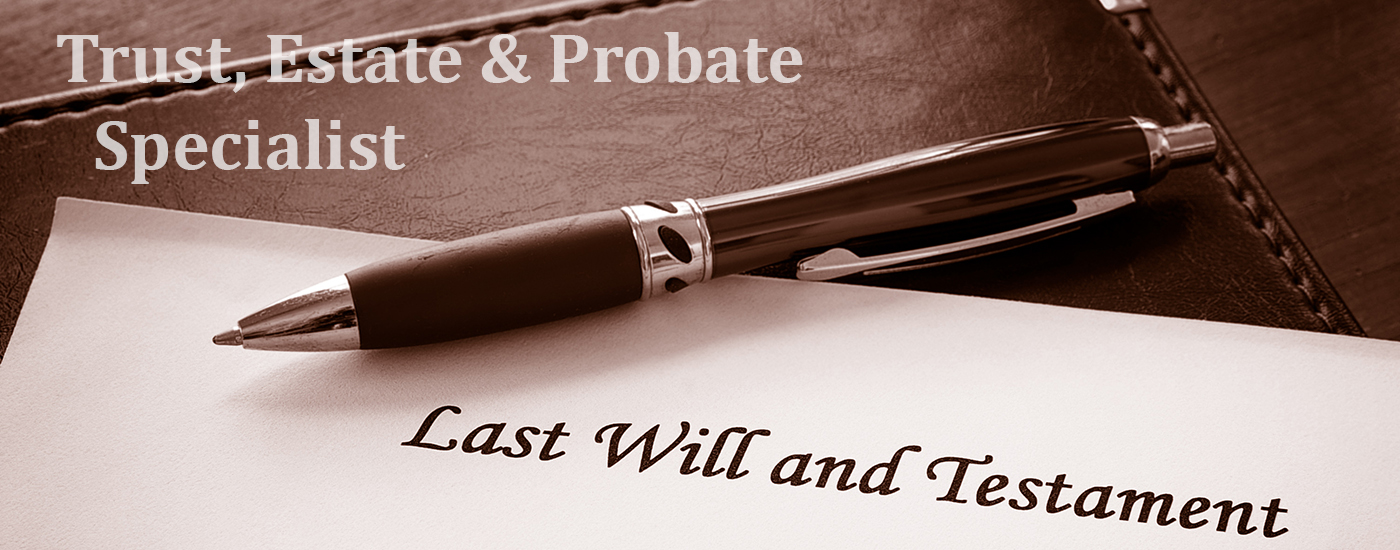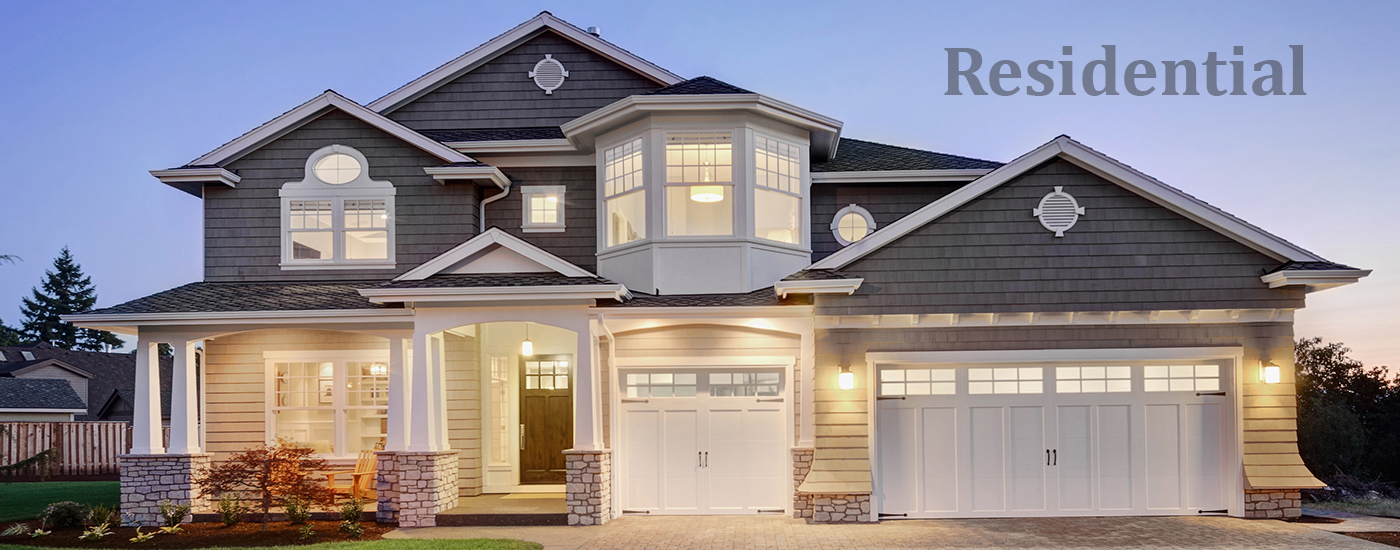1031 Exchanges
Expert Probate Real Estate Agent & 1031 Consulting
At Michael Millea Probate Real Estate, we put our clients above all else. We have years of experience helping people throughout Torrance, Inglewood, Redondo Beach, and the greater South Bay area navigate the complexities of probate real estate, trust and 1031 exchange consulting to help them get the best deal possible and achieve their goals. We pride ourselves on our expertise in real estate transactions, and we welcome you to reach out to us with any questions you may have.
What Is a 1031 Exchange?
A 1031 exchange is a method of property exchange where two property owners trade pieces of property without paying federal or state income taxes. Normally, the owner would pay taxes on the increase of the market value of the property they’re receiving – but with a 1031 exchange, those taxes are deferred to a later date. This can be advantageous for property owners who wish to trade properties but don’t wish to pay any income tax at the moment, and it can help to spread the cost of the transfer out over time.
Types of 1031 Exchanges
The law surrounding 1031 exchanges is tricky, and there are a number of types of 1031 exchanges, which include:
- Like-Kind Exchange: This is the exchange of two like-kind properties, which simply means the properties are classified as the same type. For a like-kind exchange, the properties must be income producing or held for investment – it can’t be a personal residence.
- Basic 1031 Exchange: The basic, or forward 1031 exchange, is one of the most common, and consists of selling a property in exchange for another like property and deferring the taxes until later. There are a number of rules and processes, all of which we can guide you through.
- Reverse 1031 Exchange: A reverse exchange switches the order of the process. In this type, an investor would buy the new property before selling the old property. It’s still possible to perform this action as a 1031 and thus roll the capital gains taxes into the new property, but it takes some legal hurdles.
- Improvement 1031 Exchange: An improvement 1031 is used when a buyer wishes to exchange a piece of property for one of lesser value, but plans to make improvements and upgrades to the new property. To qualify as a 1031 exchange, the buyer must make enough improvements that the monetary value of the improvement work bridges the gap between the original values of the properties, and those improvements must happen within 180 days of the sale.
- Reverse Improvement 1031 Exchange: This is similar to an improvement 1031, but the buyer buys the new property before selling the old one, as in a regular reverse 1031 exchange.
- Construction 1031 Exchange: This type allows a property owner to sell an existing property, buy a piece of bare land, and develop it. As with an improvement exchange, the investments made into the bare land within 180 days of the sale must be enough to equalize the value of the land and the property sold.
- Reverse Construction 1031 Exchange: Similar to a reverse improvement 1031, this involves buying a piece of bare land and beginning construction on it before selling the old property. As before, the investments made in the new land must equalize the value of the two pieces of property by 180 days after the sale.
Benefits of a 1031 Exchange
A 1031 exchange is a complicated legal procedure, but one that offers a number of benefits to property owners. Here are a few of the reasons a 1031 exchange might benefit you:
- Defer Capital Gains Tax: Without a doubt, the most important benefit of a 1031 exchange is the ability to defer capital gains tax, instead using the cash that would’ve gone to taxes as equity in the new property. This is used as a wealth building technique, and allows you to keep the value of the taxes until selling the property later on.
- Generate Cash Flow: A 1031 exchange can facilitate the transfer of non-income producing land for commercial or residential property that does produce income, creating a new stream of income for the property owner.
- Diversify Your Portfolio: If you own a highly appreciated piece of property, a 1031 exchange can allow you to trade that property for two or more new properties, helping to diversify your real estate portfolio.
Contact Your Torrance Real Estate & Law Experts Today
1031 exchanges present a highly useful form of property exchange, but the laws surrounding them are difficult to navigate and it takes a highly skilled intermediary to execute them successfully. Thankfully, Mike Millea is here to help. We’ve helped clients at every level of the real estate business navigate 1031 exchanges of all types, and we’d be happy to do the same for you. If you’d like to talk about a 1031 exchange for yourself or have any other questions, feel free to call us at (310) 939-9356 or reach out to us at our contact page. We look forward to hearing from you.





